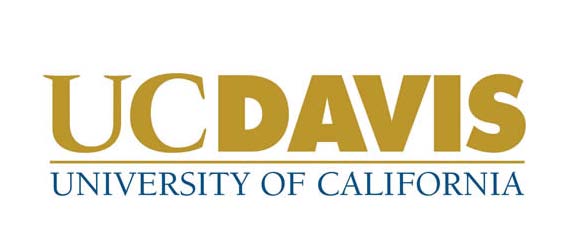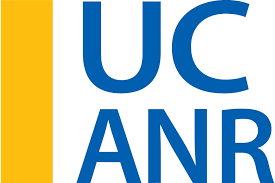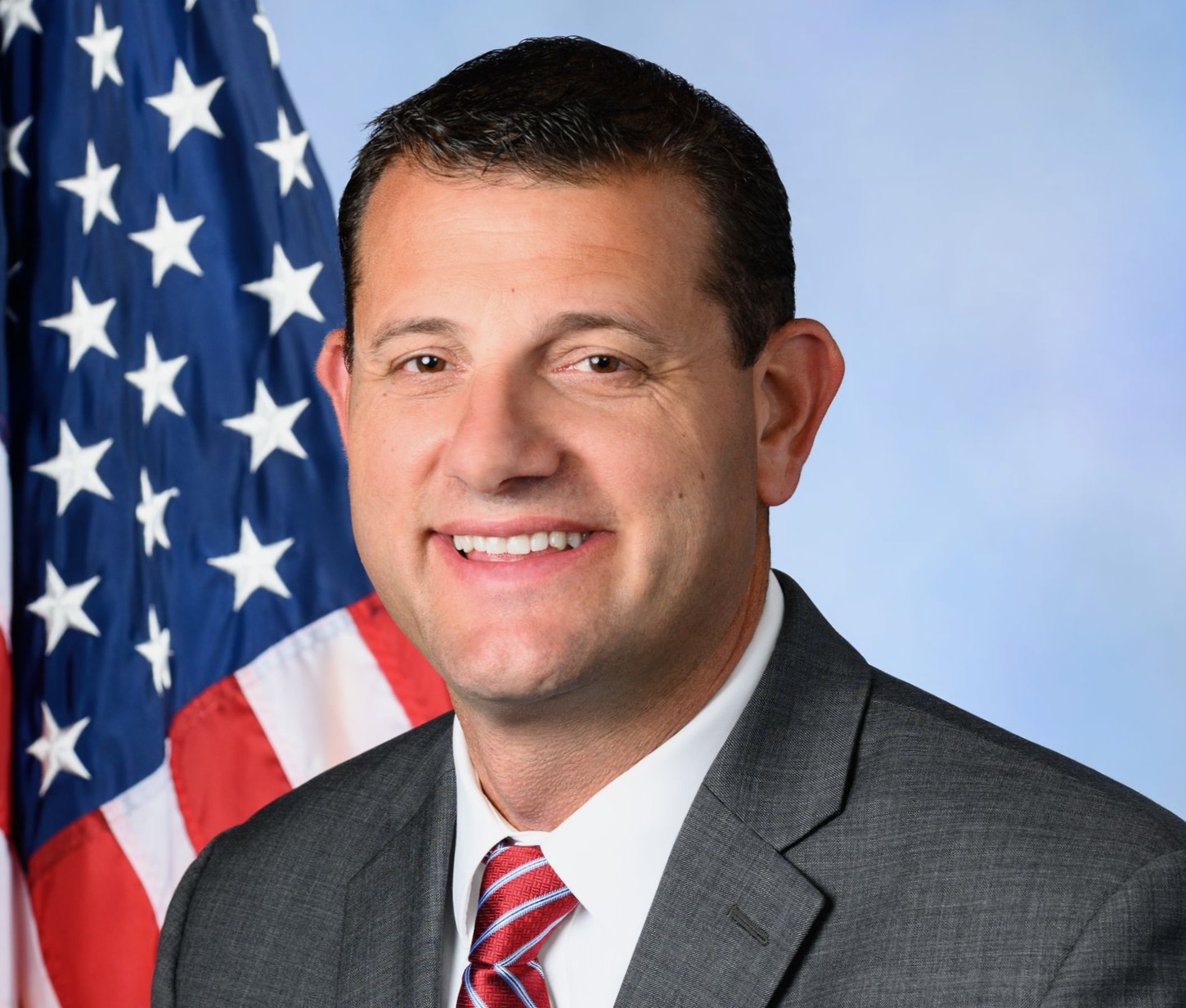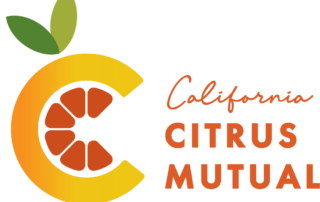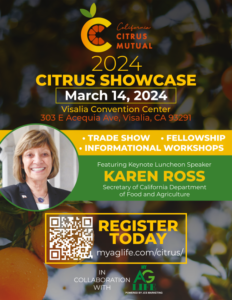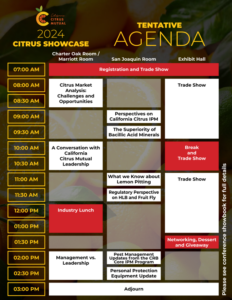CDFA ANNOUNCES VACANCIES ON FERTILIZER INSPECTION ADVISORY BOARD’S TECHNICAL ADVISORY SUBCOMMITTEE
Courtesy of Steve Lyle with CDFA
CDFA’s Fertilizer Research and Education Program (FREP) is announcing four vacancies on the Fertilizer Inspection Advisory Board’s Technical Advisory Subcommittee.
This subcommittee serves as an expert scientific panel on matters concerning efficient use of fertilizing materials and irrigation water. Members assist in setting research priorities for the FREP Grant Program and review and recommend research and outreach proposals for funding.
FREP is funded through a mill assessment on the sale of fertilizing materials, and the program facilitates research, education, and demonstration projects to improve proper use of fertilizing materials and irrigation water in agriculture. The program serves researchers, growers, agricultural supply and service professionals, extension personnel, public agencies, consultants, and the public.
Subcommittee applicants must demonstrate technical, applied and scientific expertise in the fields of agronomy, soil science, plant science, irrigation, production agriculture or environmental issues related to inefficient use of fertilizers and irrigation water in California. The term of office for subcommittee members is three years, beginning January 1, 2025. Members receive no compensation but are entitled to reimbursement of necessary travel expenses in accordance with the rules of the California Department of Human Resources.
Individuals interested in being considered for appointment should complete the Prospective Member Application Packet available on the FIAB TASC webpage and email it to FREP@cdfa.ca.gov with a two-page resume or curriculum vitae. The application deadline is Wednesday, July 31, 2024.
For further information about FREP, please contact FREP staff at FREP@cdfa.ca.gov or visit http://cdfa.ca.gov/go/frep.


